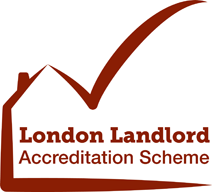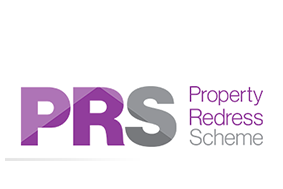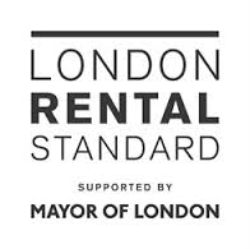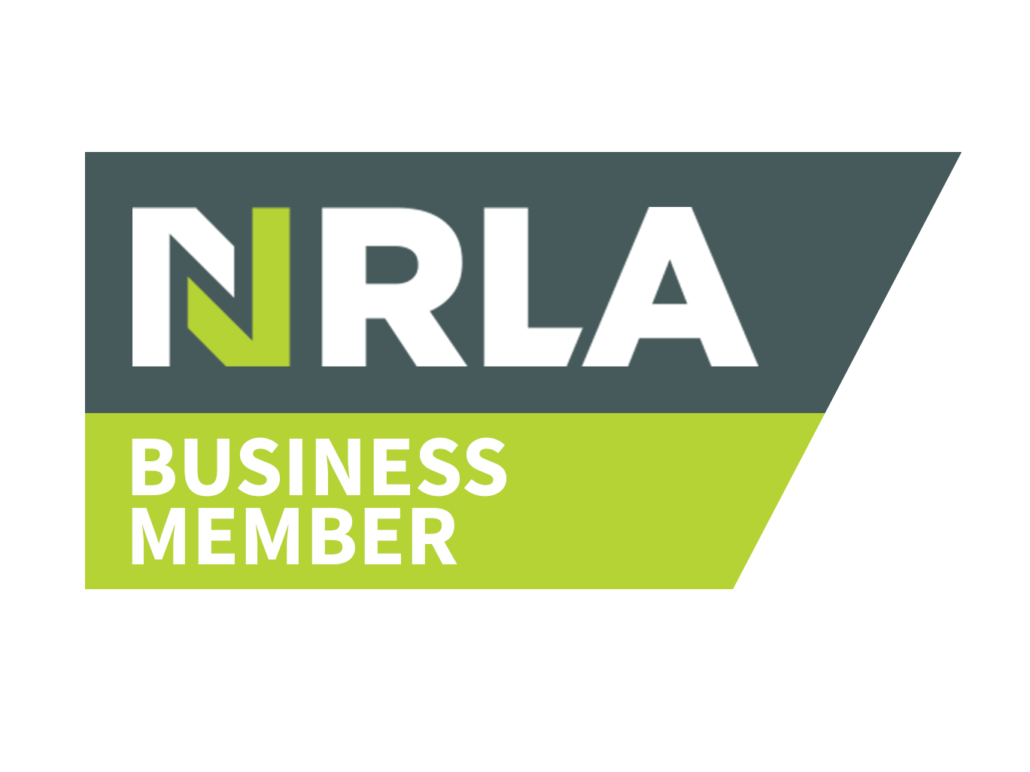London Landlord’s Success with Rent-Guaranteed Program
Embarking on the journey of a London landlord is akin to navigating a complex chessboard, with each move influencing the outcome of the game. Amid challenges posed by market uncertainties, tenant dynamics, and financial intricacies, the concept of rent-guaranteed programs emerges as a beacon of success. Join us as we delve into the success story of a London landlord. Armed with the strategic use of rent-guaranteed programs, they have transformed the landscape of property management, achieving unparalleled success and stress-free income.
The Challenges of Owning a Rental Property in London
Meet John (not his real name), a seasoned London landlord with multiple properties in prime locations. Despite years of property management experience, John grappled with persistent worries about non-payment of rent and prolonged property vacancies. This situation impacted both his mental and financial well-being.
Discovering the Rent-Guaranteed Program
In his quest for a solution, John stumbled upon a potential lifeline – a rent-guaranteed program that promised a stress-free, guaranteed rental income. Initially sceptical, John delved into research to assess the viability and benefits of such a program.
How the Rent-Guaranteed Program Works
Impressed by the transparency offered by the rental management company, John took the leap and signed up for the rent-guaranteed program. This marked the beginning of a transformative journey for John and his property management approach.
The Benefits of the Rent-Guaranteed Program
Within a week, the rental management company efficiently secured tenants for John’s properties, initiating a regular flow of guaranteed rental income. The speed and effectiveness of the program alleviated John’s concerns about extended vacancies.
Quality Assurance: Surprising Benefits of Tenant Screening
Despite initial worries about tenant quality, John discovered that the rental management company had robust tenant screening processes. This ensured responsible tenants who paid rent punctually, surpassing John’s expectations.
Stress-Free Property Management: A Hands-Off Approach
The rent-guaranteed program not only delivered a steady income but also took over all property management responsibilities. From maintenance to addressing tenant complaints, the burden was lifted off John’s shoulders, allowing him to adopt a more relaxed approach.
Financial Planning: Stability Through Guaranteed Income
With the predictable stream of income from the program, John experienced newfound financial stability. Unpredictable expenses and income fluctuations were no longer sources of concern. This enabled him to reinvest in and grow his property portfolio.
Peace of Mind: A Landlord’s Tranquil State
Beyond financial benefits, the program offered John peace of mind. Freed from the stress associated with traditional landlordship, he redirected his focus towards family time and personal hobbies. This allowed him to enjoy a well-deserved respite.
Conclusion: The Game-Changing Impact
In conclusion, the rent-guaranteed program proved to be a game-changer for John. It not only simplified property management but also allowed him to thrive as a landlord without the usual stress and risks. For London landlords seeking a similar transformation, a rent-guaranteed program emerges as a compelling solution. It offers a blend of financial security, quality tenants, and peace of mind.
















